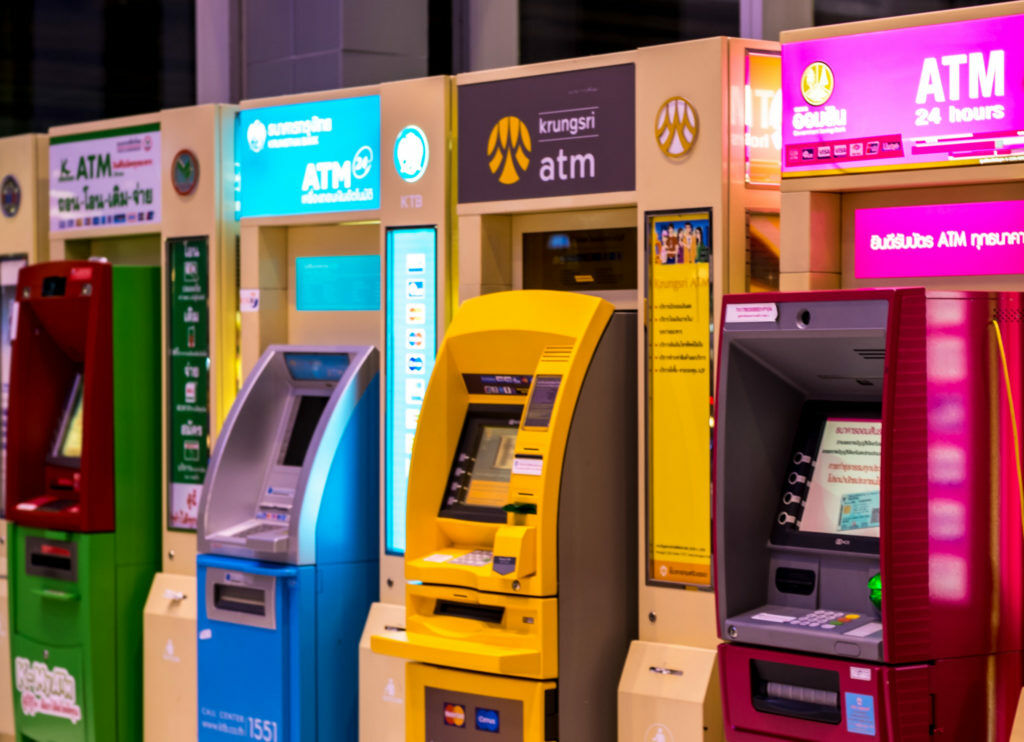Thai government and central bank clash over interest rates

The ongoing discord between government officials and central bankers regarding interest rate adjustments is creating uncertainty for local banks and could potentially trigger further foreign investor withdrawals.
Thailand Prime Minister Srettha Thavisin, along with key advisors, is advocating for a reduction in rates by the Bank of Thailand (BoT) to stimulate an economy the Thai PM describes as being in a state of crisis. However, the central bank remains hesitant to reverse an eight-quarter-point increase cycle, which has raised the rate to its highest since 2013. This disagreement is negatively impacting the share prices of banks including Krung Thai Bank, Kasikornbank, and Bangkok Bank, which are already grappling with a surge in non-performing loans.
Government officials argue that banks are exploiting high rates to overcharge customers. The 61 year old PM’s advisor, Pichai Naripthaphan, recently called on the BoT to halt banks from accumulating record profits amid an economic slowdown. This sentiment mirrors that of Deputy Finance Minister Julapun Amornvivat, who accused bankers of profiting at the cost of individuals burdened with high borrowing expenses.
The central bank, however, is reluctant to reduce rates, citing the necessity for a safeguard against potential global economic shocks. Commercial banks claim they have already narrowed their margins in the current cycle by paying more for deposits. Kasikorn Securities supports this assertion, predicting an 8% growth in the sector’s earnings this year, a stark contrast to the rate of growth in 2023, which was nearly double.
The SET Banking Index has plunged over 5% this year, almost two-fold the decline of the broader market. Krung Thai, Kasikornbank, and Bangkok Bank, among the three largest asset holders, spearhead the industry’s downturn, said Alan Richardson, a fund manager at Samsung Asset Management.
“Foreign investors prefer the technocrats at the central bank to be allowed to do their job without interference from politicians who tend to take a shorter view to gain public approval.”
Interest rates
Thailand, the second-largest economy in Southeast Asia, is not the only country where politicians are scrutinising financial institutions amidst a purported cost-of-living crisis. Political leaders in South Korea, Australia, and the UK have previously held their banks accountable for either imposing high rates or offering low rates to depositors.
Korakot Sawetkruttamat, an analyst at Kasikorn Securities, suggested that the pressure on the BoT to reduce rates could bring negative sentiment to investment in the banking sector for a while. According to Korakot, every 25-basis-point decrease in the benchmark rate suggests a 5% to 7% downside risk to the brokerage’s earnings forecast for the sector.
The BoT’s tightening cycle, consisting of a 200-basis-point increase over 13 months to 2.5%, has significantly affected the country’s small- and medium-sized enterprises and low-income groups, according to PM Srettha, who took office in August. Last year, the Thai economy expanded by only 1.8%, falling short of most predictions. Concurrently, household debt has consistently remained above 90% of the gross domestic product, and public debt has grown by half since 2019, reaching about 62%.
Rena Kwok, a credit research analyst at Bloomberg Intelligence, warned that “the sustained elevated interest rates might pose some risks to Thailand’s financial sector given the pre-existing structural weakness in SMEs and debt-laden households,” which could further pressure banks to reduce their interest margins.
The ongoing friction between the government and the central bank has adversely affected the baht, Asia’s worst-performing currency after Japan’s yen this year. Foreign investors continue to withdraw from Thai stocks and bonds. Baht swaps now predict the benchmark rate to drop by almost 50 basis points over the next 12 months, nearly double the anticipated decrease at the end of December.
Asia Plus Securities anticipates a rate cut in the latter half of this year, which could impact bank profits in 2025. The brokerage maintains a neutral stance on the industry’s outlook and expects it to post profits in line with the nation’s GDP growth this year.
Economic growth
Senior Analyst Therdsak Thaveeteeratham reckons Thailand’s economic growth has limited upside.
Therdsak added that he expects banks to manage return on equity by increasing their dividend payout ratios.
“We favour bank plays with high dividend yields.”
In addition to advocating for lower rates, the Bangkok-born Srettha continues to promote a key programme introduced during the election campaign — a cash handout for nearly every Thai adult. However, the 500 billion baht (US$14,093,240,000) programme, to be financed through borrowing, has been criticised by opposition parties and encountered resistance from BoT Governor Sethaput Suthiwartnarueput, reported Bangkok Post.
Latest Thailand News
Follow The Thaiger on Google News:


























